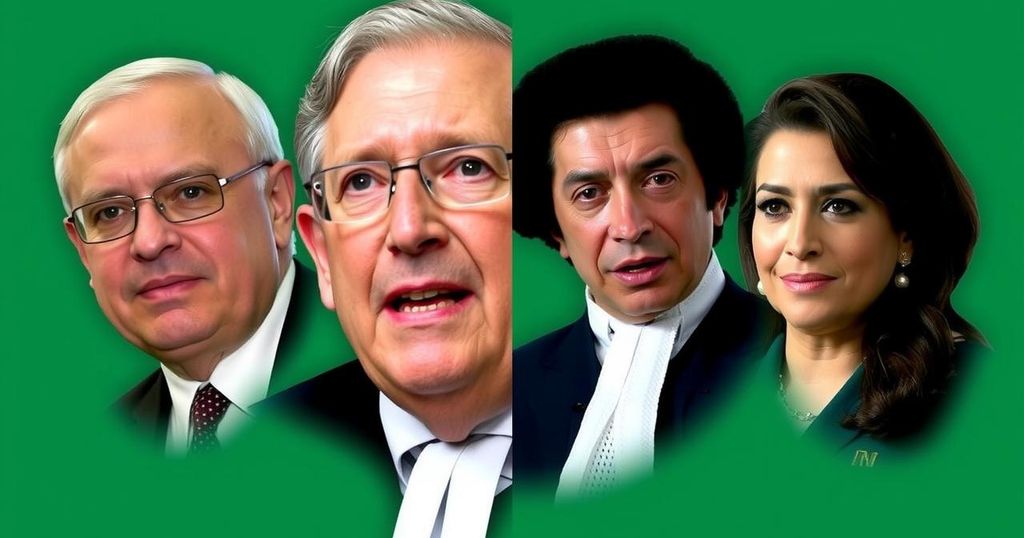Bolivia’s Judicial Elections: Insights for Mexico’s Reform
Bolivia’s recent judicial elections reveal widespread voter skepticism and the transformation of judges into political players, a trend that could inform Mexico’s forthcoming electoral overhaul. The electoral process raises concerns about the judiciary’s independence and transparency, amid political tensions stemming from past administrations’ maneuvers. Voter apathy poses a significant challenge as the country prepares for future political dynamics.
In Bolivia, the recent judicial elections have highlighted deep-rooted tensions and disillusionment with the political system. Despite restrictions on campaign activities, candidates managed to promote themselves through unconventional means. This election marks a significant moment as Bolivia uniquely holds votes for senior judicial positions, a practice soon to be adopted by Mexico under President Andrés Manuel López Obrador’s controversial reforms aimed at eliminating corruption. However, many Bolivians express skepticism regarding the elections, feeling that the process has transformed judges into political tools rather than impartial authority figures. Quite notably, voter apathy prevails, with many citizens admitting they possess little knowledge about the candidates competing for roles in the judiciary, ultimately undermining the electoral process itself. Critical voices have emerged against the politicization of the judiciary, citing concerns about the diminishing checks and balances, while historical events showcase how past electoral decisions have shaped the current political landscape. Former President Evo Morales faced significant backlash for his attempts to manipulate judicial outcomes to extend his power, illustrating the complex dynamics at play. The ramifications of Bolivia’s approach to judicial elections hold substantial implications for Mexico, as its new leadership scrutinizes these developments closely, potentially shaping the future of its own democracy.
Bolivia’s system of electing judges uniquely contrasts with global norms, where judicial appointments often stem from merit-based criteria rather than popularity. The upcoming judicial overhaul in Mexico, aiming to enhance democracy and eliminate corruption, draws parallels to Bolivia’s decade-long experience with judicial elections. The frequent claims of voter dissatisfaction and concerns regarding the judiciary’s independence serve as cautionary tales as Mexico navigates similar reforms. Historical context is crucial, as the political maneuvers executed by Morales and now under President Luis Arce have illustrated how the judiciary can reflect and influence broader political power struggles, signaling potential challenges for Mexico as it embarks on this path.
The ongoing elections in Bolivia illuminate critical lessons for Mexico as it embarks on similar judicial reform initiatives. Disillusionment among voters regarding the election of judges, coupled with concerns about politicization and a lack of transparency, highlight fundamental challenges that must be addressed. Observing Bolivia’s intricate political landscape, Mexico may glean essential insights to foster a more effective judicial system that maintains its independence and credibility, ultimately aiding the preservation of democracy.
Original Source: www.newspressnow.com




Post Comment